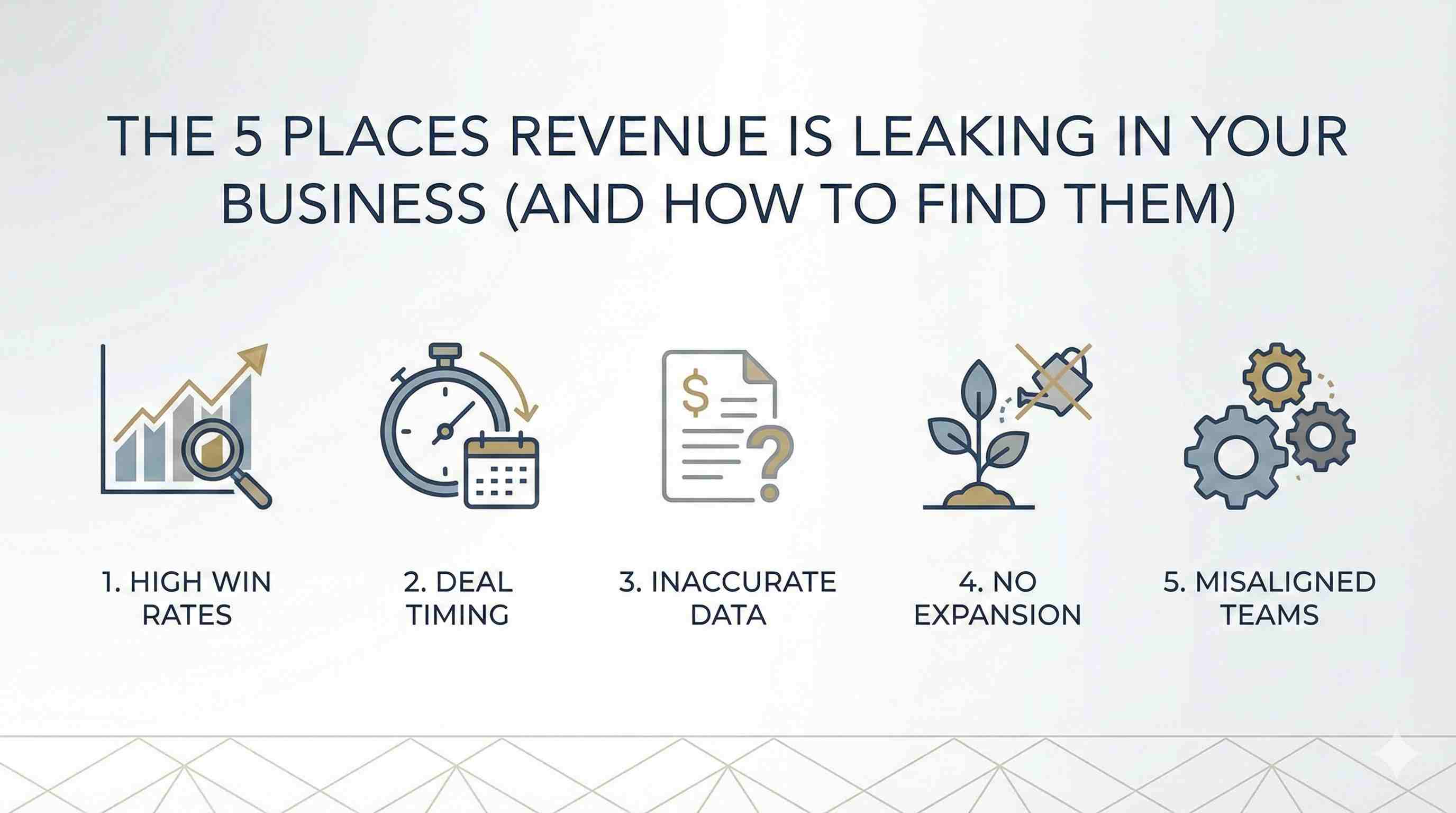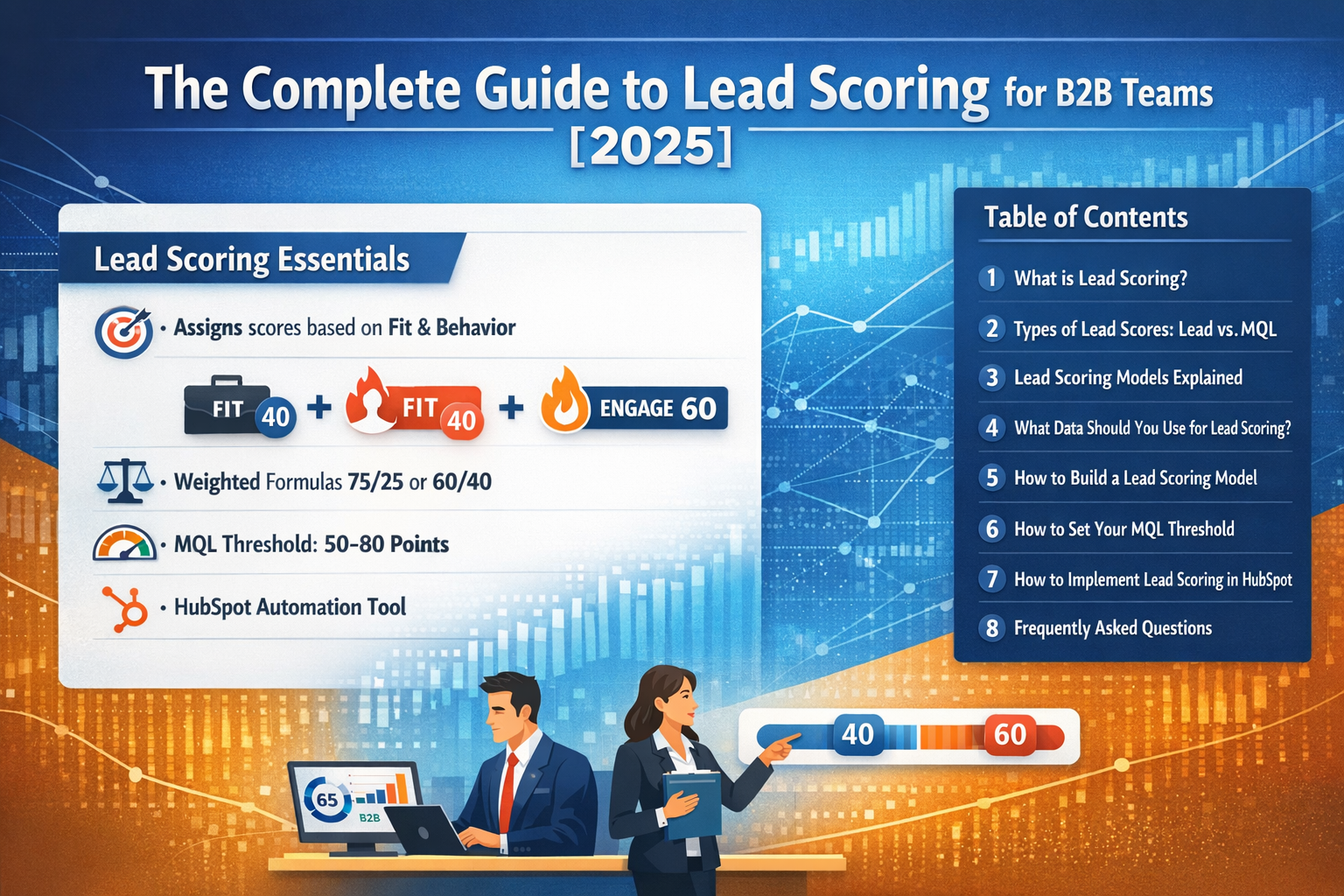
So what happens is you think you're talking about the same thing because you're both saying "Lead", "MQL", "SQL", etc. But in reality
The biggest unlock for both sales and marketing in HubSpot is alignment on the definitions of Lifecycle Stages.
WHAT A BORING TOPIC RIGHT?! 🥱🥱🥱
What's not boring is the fact that misalignment in this area causes you somewhere around a 25-30% drop in all your marketing and sales efficiency metrics. Plus the 15%+ or more miss on potential revenue that's already in your CRM.
Let's Pretend For a Second
Imagine you’re talking to someone about busses. You’re reminiscing on the smell of the worn down leather and the feeling of a hopeful future. And they’re smiling and nodding along, thinking how nuts you are because busses are actually cramped, smell like BO and vomit, and are part of a trapped cycle they were in 20 years ago.
It turns out you were just describing a school bus you took to school in a suburban neighborhood. And they were thinking of the city bus in Detroit they had to ride on from 15-25 years old working a minimum wage job across town.
This is what’s happening when your team doesn’t operate from a common definition of lifecycle stages. Except it’s worse because a bus is a physical object with well established physical differences between the subcategories. You can flush out nuance pretty quickly.
So what happens is you think you're talking about the same thing because you're both saying "Lead", "MQL", "SQL", etc. But in reality, Jenny from Marketing thinks an SQL is someone who filled out $25 million+ as an answer on a lead gen form, while Joe from Sales thinks an SQL is only CTOs in the SaaS industry with a department budget of $1-2 million.
Marketing pumps more money towards campaigns that get the $25 million+ budget lead form answer, and Joe ignores 90% of what shows up in his prospect list, and only talks with those he prospects directly. Now you see where the problem starts compounding.
The fun part is that it doesn't just end with these nitty-gritty definitions of what Lifecycle Stages are. It also needs to go down to the "who is responsible" level. And the short answer to that is everyone is partially responsible 🤦🏻♂️
So What Do You Do?
Lifecycle stages are an abstract and open concept. It’s not as easy as a physical differences you can go deeper on. You have to agree upon definitions based on your organizational, team, and personal goals. You also need to then determine which combination of people is responsible for each Lifecycle Stage and how.
Now that’s hard. It’s hard to do between just two people with different mental models of a Lifecycle Stage, much less whole teams.
So start here:
Write down your definition of each Lifecycle Stage. If you want to keep it super simple, just pick either an MQL or SQL (I promise it'll lead to the full Lifecycle Stage discussion). Now Go ask the CMO what their definition is of the ones you wrote down. If you’re a CMO, go ask the VP of Sales or higher what those are.
Don’t interrupt or give guidance, just listen. Now do the same with another executive position. Now compare to your definitions.
How close were you to other answers? What nuances existed between different team members’ answers?
If everyones matched, you’re lying at some level, have done this exercise recently, or are a very special organization.
Next:
With the realization that no one is aligned across what Lifecycle Stages are defined as and who holds responsibility, set up a meeting across teams (Marketing, Sales, Customer Success).
Now hash it out. 🥊🥊🥊 (jk... kinda)
Start with an hour and start simple. Only work on question number one from the section below.
Questions to Answer as an Organization
- What are our Lifecycle Stages?
- What are each of their definitions (as detailed as possible)?
- Does everyone on the team agree on those definitions?
- Which teams and/or individuals are responsible for the performance of each Lifecycle Stage?
- Now that we've redefined them, what are potential gaps or shortcomings of them?
- What metrics look like success for each Lifecycle Stage?
The Results
With this done, you'll find that:
- Marketing and Sales actually are talking with each other instead of at each other
- Marketing will get better results
- Sales will get better results
- Your team will understand the whole customer journey instead of their little bubble (they'll really put themselves in the prospect's shoes)
- You make more money as a business
There's a good chance you'll also realize that this misalignment on language could be happening in other areas. That's true, and this approach is useful in many situations. Communication is hard. But it's the first step in understanding each other and working together.
This is a Lot
If you think "hey this is actually something we should take on, but it seems like a lot for me to tackle..."

And it just so happens to be one of the main things we knock out when starting with a new client. I know... it's a shocker that this is related to the services we provide.
To skip all the headache of getting your teams to play nice together on these alignment calls, reach out via DM to me on LinkedIn or book a call on our site.
✌️✌️✌️


.png)


